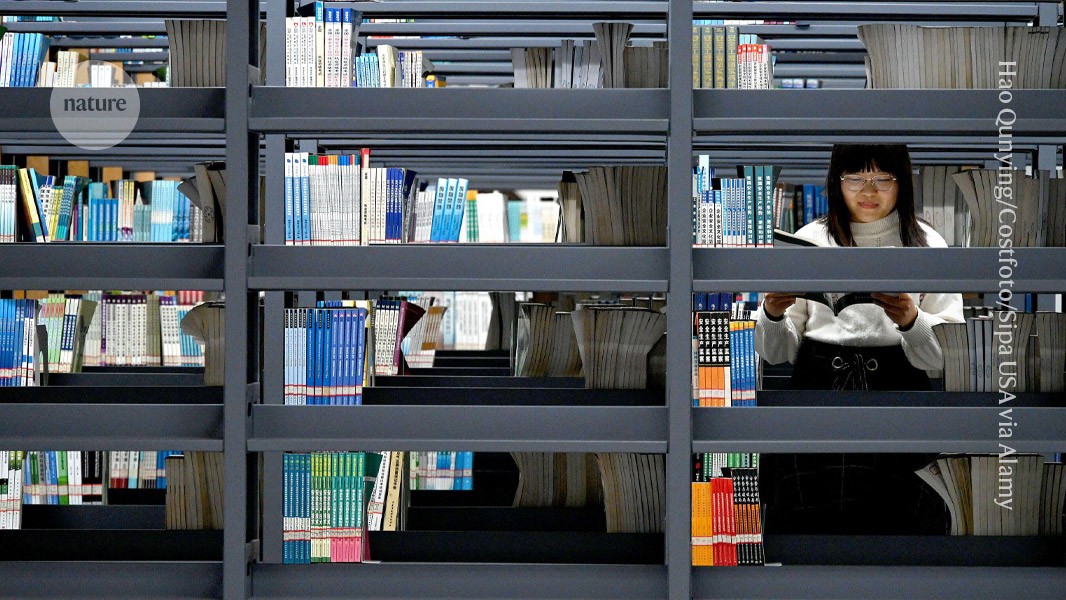Elite researchers in China say they had ‘no choice’ but to commit misconduct

🌈 Abstract
The article discusses the issue of research misconduct in elite Chinese universities, as revealed through a collection of anonymous interviews with researchers. It highlights the pressure researchers felt to engage in unethical practices, such as falsifying data and plagiarism, in order to meet publishing targets set by their institutions as part of China's "Double First-Class" initiative to create world-class universities. The article presents differing perspectives on the causes and implications of this misconduct.
🙋 Q&A
[01] Researchers' Experiences with Misconduct
1. What were some of the unethical research practices that researchers admitted to engaging in?
- Using services to write their papers for them
- Falsifying data
- Plagiarizing
- Exploiting students without offering authorship
- Bribing journal editors
- Altering data to support their hypotheses
2. What reasons did researchers give for engaging in misconduct?
- Fear of losing their jobs if they did not meet the strict publishing criteria set by their universities
- Feeling compelled and even encouraged to engage in misconduct to protect their jobs
3. How did university decision-makers view the pressure to perform in terms of publishing?
- They understood it to be their responsibility to interpret the goals of the "Double First-Class" scheme, which they saw as requiring them to increase their universities' standing in international rankings
- Some universities treated world university rankings as a "game" to win
[02] Perspectives on the Causes and Implications
1. What are some of the different perspectives on the causes of research misconduct in China?
- The article authors suggest the pressure came from the "Double First-Class" initiative and universities' focus on improving their rankings
- A researcher at the Institute of Scientific and Technical Information of China argues the misconduct is due to an "insufficient emphasis on research integrity education", not the "Double First-Class" initiative
- A library and information scientist suggests the pressure to publish could just be "an excuse to cheat"
2. How do the perspectives differ on the implications of the research misconduct findings?
- Some researchers say the article paints an overly negative picture of the "Double First-Class" initiative, which has had largely positive effects on higher education reforms in China
- Others argue the article "hit the nail on the head" in describing the relationship between institutional pressure and research misconduct
- There are calls for more transparency and better systems to detect and deter misconduct in China